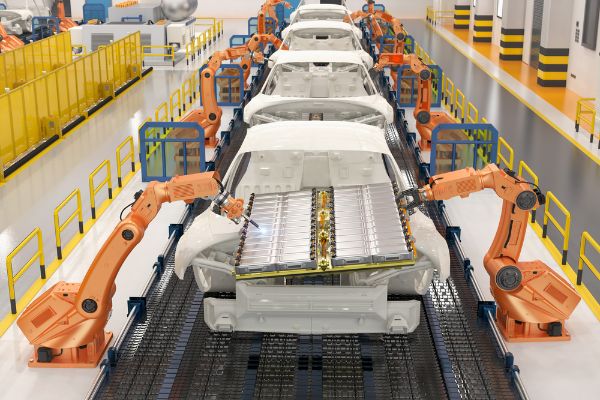In New York City’s Queensbridge Housing Authority, a recent incident epitomizes the failure of liberal immigration policies. Local low-income residents, many of whom are natural-born citizens, were denied free Thanksgiving dinners because illegal immigrants, who have no right to be in the country in the first place, managed to get ahead in line. This blatant disregard for legal residents is a slap in the face to those who abide by the law and have contributed to their communities.
Georgia Butler, a Queensbridge resident, expressed her rightful indignation to WNYW-TV, detailing how illegal immigrants were prioritized at the food bank, a service that was intended to support American citizens in need. The fact that these illegals got there early and took the resources meant for Americans is a clear indication of how backward our system has become under the current administration’s lax immigration policies.
New York City, once a bastion of opportunity for American citizens, is now overrun with illegal immigrants, creating unsustainable financial burdens. The Federation for American Immigration Reform (FAIR) has reported staggering numbers, with over one million illegal immigrants in the state costing taxpayers millions. These costs include billions in education, police, and corrections budgets, and additional expenses in healthcare and public assistance. This situation is bleeding New York dry, with each household shouldering a hefty price tag due to the city’s sanctuary policies.
Mayor Eric Adams, a Democrat, has made matters worse by slashing budgets in critical areas to cater to these illegal immigrants. He’s cut $547 million from education and plans to reduce the NYPD force by a significant margin, all to accommodate people who shouldn’t even be here. This is a clear betrayal of American citizens and legal residents who rely on these services.
Furthermore, Adams’ budget cuts to the New York Public Library system are another example of how legal residents are being shortchanged. The mayor’s actions are a blatant pandering to illegal immigrants, putting their needs above those of American citizens.
The cost of housing these illegal immigrants has skyrocketed to $10 million per day, a ludicrous amount of money that could be better spent on improving the lives of legal residents. This situation in New York City is a glaring example of how Democratic leadership is failing its citizens, prioritizing illegal immigrants over the needs of its own people. The incident at the NYCHA food bank is just the tip of the iceberg, a symptom of a much larger problem that stems from a broken immigration system and misguided sanctuary city policies. It’s time for a major overhaul, one that puts American citizens first and enforces immigration laws to protect our communities and resources.










